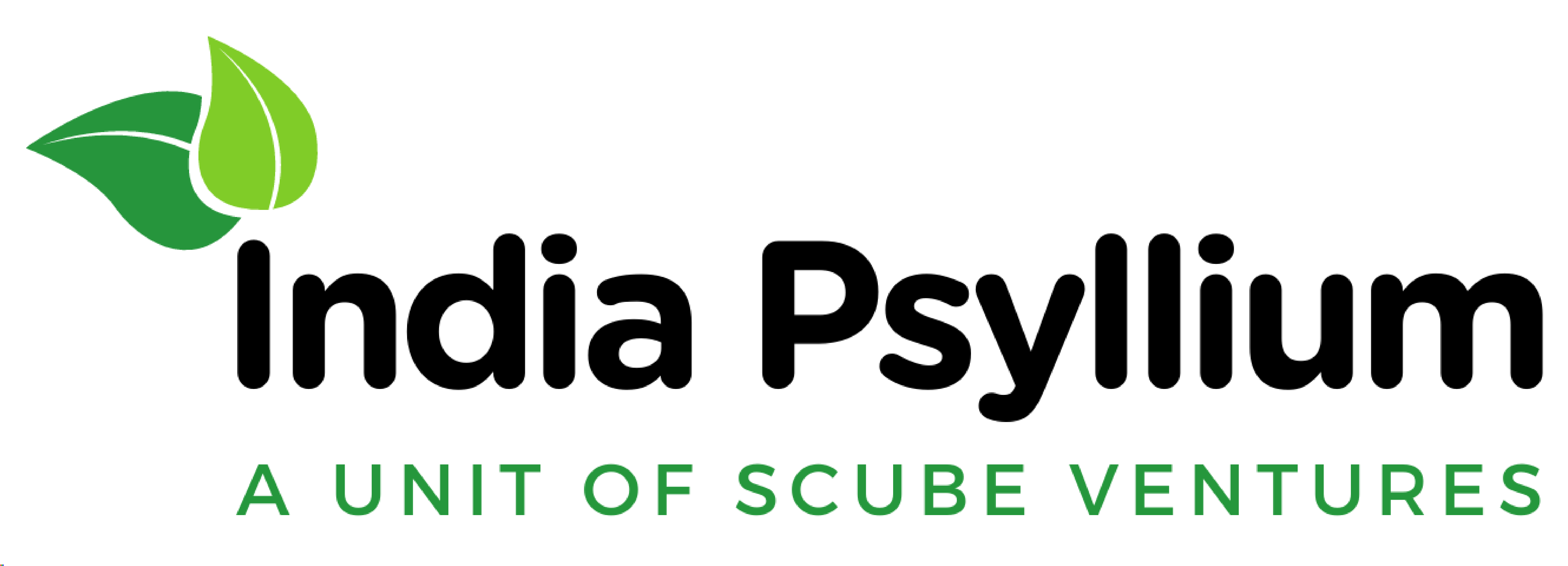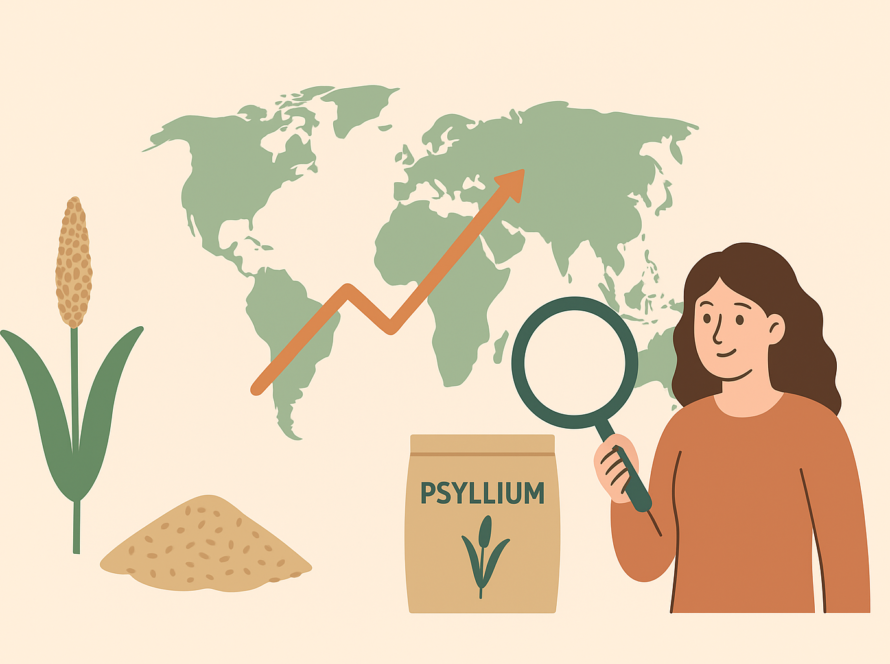Rising Psyllium Demand in Asia-Pacific: What Exporters Need to Know
Over the past decade, psyllium husk and psyllium-based products have seen tremendous growth in U.S. and European markets. But today, another region is making headlines — the Asia-Pacific (APAC) market. Driven by dietary changes, rising health awareness, and demand for natural fibers, Asia-Pacific is fast becoming one of the most lucrative markets for psyllium exporters.
In this blog, we explore why the region is seeing a boom in psyllium demand and what global exporters should know before entering this market.
📈 Why Psyllium Demand Is Growing in Asia-Pacific
- Health Awareness and Lifestyle Shifts
Consumers in countries like Japan, China, South Korea, and India are increasingly focused on gut health, weight management, and cholesterol reduction. Psyllium’s reputation as a natural fiber supplement makes it highly attractive compared to synthetic alternatives. - Functional Foods & Nutraceuticals Market Expansion
APAC is witnessing a surge in functional beverages, fiber-infused snacks, and nutraceutical supplements. Psyllium fits perfectly into this trend, being a versatile, plant-based fiber with proven benefits. - Rise of Plant-Based & Vegan Diets
Younger consumers are choosing vegan and vegetarian lifestyles, creating opportunities for psyllium as a binding and gelling agent in plant-based foods. Psyllium’s role in gluten-free baking and meat alternatives further boosts demand. - Diabetes and Obesity Management
With increasing lifestyle diseases in Asia-Pacific, psyllium’s ability to regulate blood sugar and support weight loss is gaining attention from both health practitioners and consumers.
🌏 Key Countries Driving Psyllium Growth
- China 🇨🇳: Rapid growth in nutraceutical supplements and functional foods.
- Japan 🇯🇵: Strong demand for dietary fibers in clean-label products.
- South Korea 🇰🇷: Psyllium is gaining traction in sports nutrition and K-Health food innovations.
- India 🇮🇳: While already a producer, India is also witnessing domestic growth in fiber supplements.
- Australia & New Zealand 🇦🇺🇳🇿: Increasing demand in the gluten-free and plant-based food markets.
📦 Opportunities for Exporters
- Bulk Supply to Nutraceutical Manufacturers: Psyllium husk powder and capsules are in high demand for private-label nutraceutical brands.
- Functional Food Industry Partnerships: Collaborations with APAC food-tech startups innovating with psyllium in snacks, drinks, and bakery items.
- Animal Nutrition Industry: Rising demand for pet food and livestock supplements opens a strong export channel.
- Private Label & Branding: Exporters offering private-label services for APAC health brands can build strong market presence.
⚠️ Challenges to Keep in Mind
- Regulatory Approvals: Each country (China, Japan, Korea, Australia) has different food safety standards. Certifications like FSSAI, ISO, GMP, and HACCP are crucial.
- Supply Chain Efficiency: APAC buyers demand consistent quality and on-time delivery.
- Price Competition: Exporters must maintain a balance between premium quality and competitive pricing.
🌿 India Psyllium: Meeting Asia-Pacific’s Growing Demand
As the Best Psyllium Exporter from India, India Psyllium has:
- ✅ Advanced processing facilities ensuring pharmaceutical & food-grade quality.
- ✅ Global certifications (ISO, GMP, HACCP) trusted by APAC buyers.
- ✅ Expertise in bulk supply, private label solutions, and customized packaging.
By combining quality assurance with supply chain efficiency, India Psyllium continues to serve the growing Asia-Pacific demand effectively.
🔮 The Future Outlook
With increasing health awareness, booming nutraceuticals, and demand for plant-based diets, the Asia-Pacific region will remain a high-growth market for psyllium exporters. Companies that adapt to regulatory needs, ensure sustainable farming, and build long-term trade relationships will have the competitive edge. 👉 For global buyers, partnering with India Psyllium means quality, reliability, and growth in new emerging markets.



